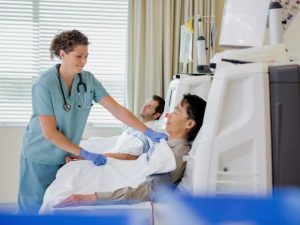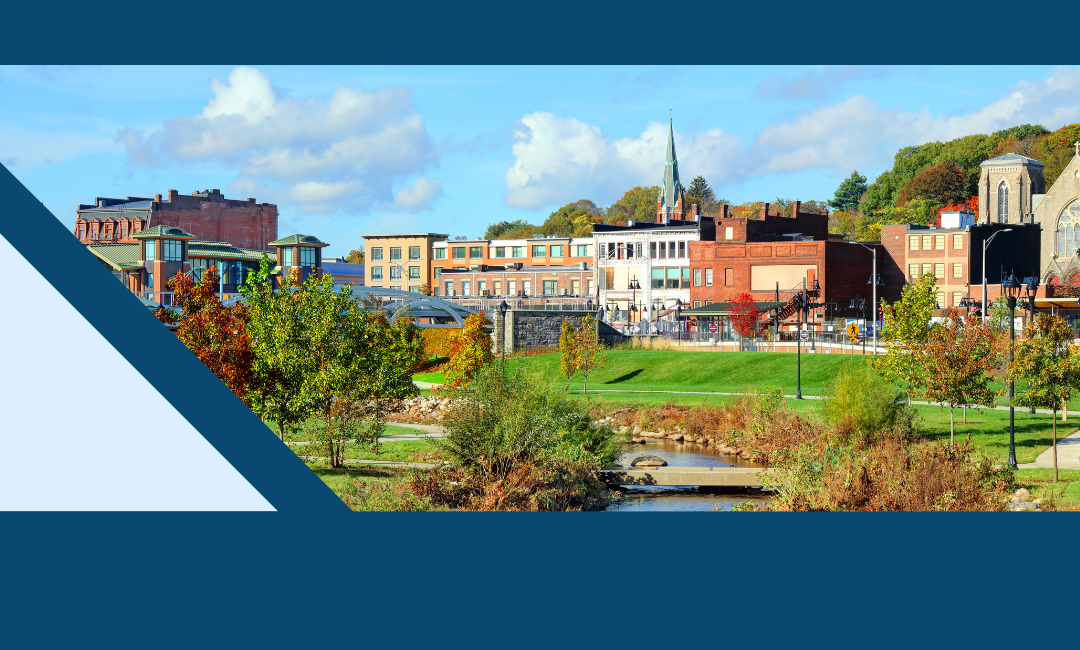Education and Training
Like Registered Nurses, LPNs must go through extensive training and a state board exam to get certified to practice in the state of their choice.
Fast program completion is one of the benefits of choosing a career as a licensed practical nurse. You can complete an LPN program in as little as twelve months or as much as two years.
During the LPN program you will be taught ethics in nursing, pharmacology and medication dosing, and many other courses deemed appropriate by the school of your choosing.
You will also practice a variety of hands-on nursing skills in front of your nurse educators.
Upon completion of all in class education you will have LPN clinical experience which allows you to practice what you learned in various healthcare settings under the supervision of licensed nurses.
Once clinicals are completed you are set to graduate and start studying for the state board exam called the NCLEX-PN.
Studying for the state exam can be intense and time consuming and I suggest that if you are able to, decrease working hours to study that you do so.
Upon passing the board exam, you will be able to begin practicing as an LPN.
In comparison to LPN program completion, a bachelor’s degree in nursing takes about four years to complete. If you decide to pursue an RN degree later, you are already halfway there.
Having the option to work as an LPN and gain experience while you advance your career is another benefit to completing the LPN program first. Should you decide to pursue an RN degree later, the experience you gain as an LPN will only contribute to your later success as an RN.









